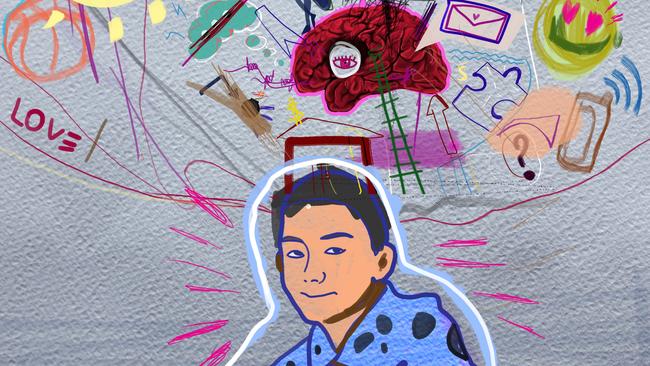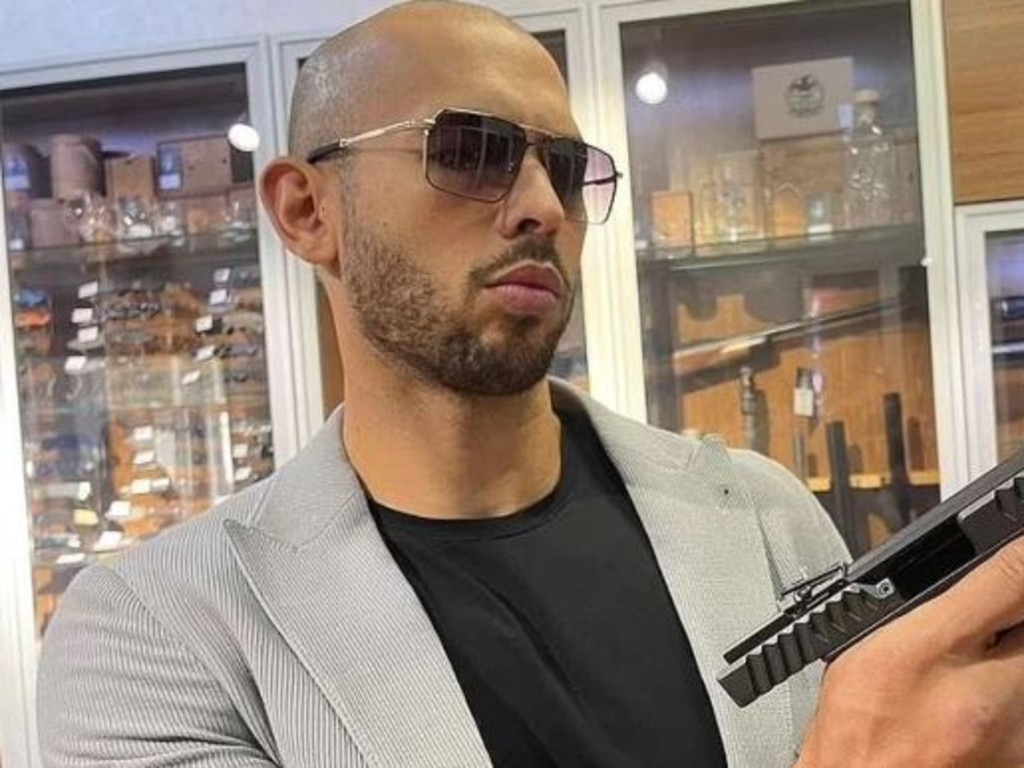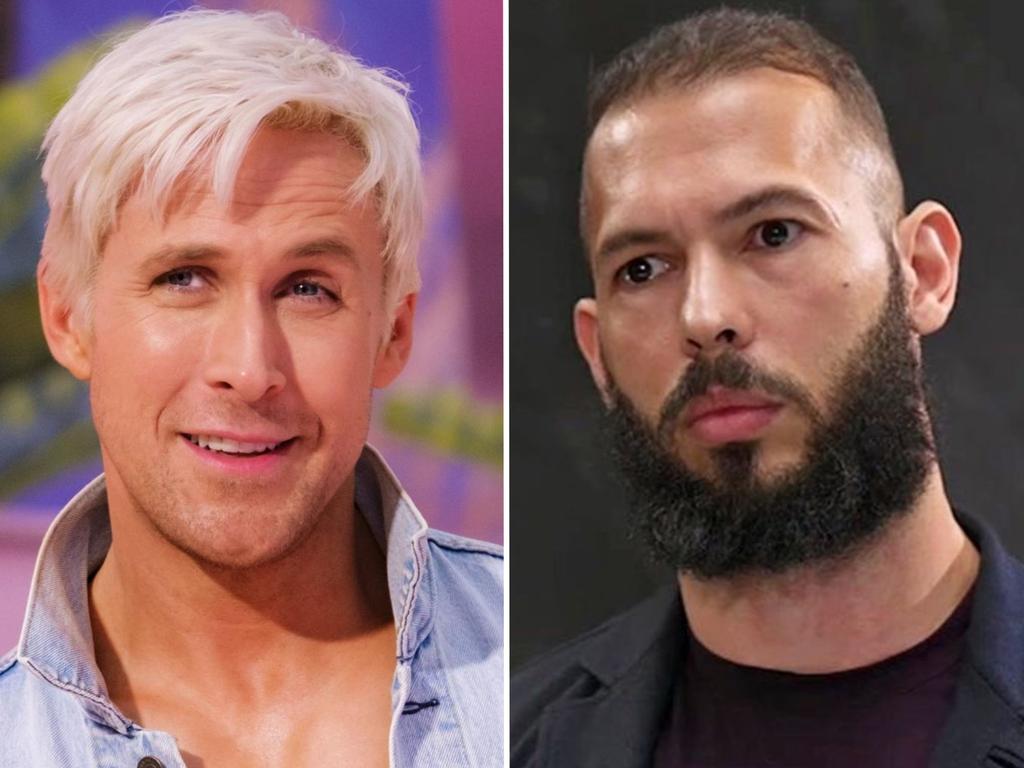Culprit by design: boys suffer from chronic gender imbalance
Too masculine? Not masculine enough? Young men increasingly have no idea how they fit in.

The scene caught my attention in an instant. A semicircle of teenage boys, spotty skinned, glorious mullets everywhere, but there was something different here. That much was obvious. The two lads in the centre of the image can’t have been more than 16. They had their arms slung over each other’s shoulders. There was something lovely about it, though their eyes were slightly red. A camaraderie. Their posture was protective. At a glance, it looked like a deeply bonded expression of mateship.
Curious, I clicked on the post and found myself reading about an organisation I’d previously never heard of. The Man Cave. According to its profile, this Melbourne-based organisation (well known to many, I am late to this particular party) is a preventive mental health and emotional intelligence organisation for boys and young men.
It works in the community – predominantly through schools and via camps, workshops and the like – to explore and promote healthy masculinity, positive mental health, and respectful relationships.
Stumbling across this page, and subsequently the organisation itself, would have to be the first time in my life I’ve been grateful for an algorithm. I scrolled through various other posts, moved on to their website and annual report, fascinated, impressed and for what it’s worth, hopeful.
Hopeful, because for a long time I’ve wondered what I suspect many of you have. Where is the positive narrative for the young men of Australia? Where is the paradigm that doesn’t assume all little boys are monsters in the making and that doesn’t amplify the nonsense idea of toxic masculinity as an all-encompassing element of every man born to woman.
Where is the practical help for boys, teens and young men to embrace, own and carry healthy masculinity? Where are the stories that affirm manhood?
Now, before I go any further, I must again state several obvious things because on topics like this, there will always be those who can’t carry nuance or hold more than one idea in tension. There are important conversations taking place about things such as sexual consent, and the like. That is a separate matter for another conversation, not to be conflated with what has been, at least from an observer’s perspective, a long and systematic vilification of young boys and teens.
Both issues can be concurrently important and dissected without diminishing the other.
And this issue is important. If there’s one thing my friends who are parents of both boys and girls say without exception, it’s this: I don’t really worry so much about my daughters. It’s my boys I worry about.
That’s a huge statement, when you think about it. And when I’ve dug a little deeper, it’s so complicated. It’s wrapped up in the emotions of a parent’s love and innate desire to protect, and the pragmatism of knowing boys and girls are so very different developmentally, and things that were once relatively simple are no longer.
“It’s impossibly hard for them to know where they fit in,” a friend with two sons and a daughter told me. “Are they too masculine or not masculine enough?”
There can be no denying the difficulty young men have in moving from boyhood through the maelstrom of teenagerhood into manhood in this generation. The mixed messages. The constantly changing goalposts.
Too strong, not strong enough. Boys don’t cry, boys need to open up more. If you open the door for a woman, you’re a tool of the patriarchy, if you don’t, you’re a sexist oaf. This is just the easy stuff.
The not so subtle inference that every young man is an abuser in waiting. Don’t agree?
Consider the phrase, believe all women. The intent of that is pure, in the sense that it aims to support women who have been victims of assault. To validate. But the unintended and obvious extrapolation is that you can never, ever believe a man.
Imagine being an adolescent boy looking down the barrel of that dynamic.
It was not that long ago (2021) that a school in Victoria made an entire class of boys stand up during assembly, find a female classmate and apologise for the sins of their gender. Little boys as young as 12. Twelve years old and being made to say sorry for some confected nonsense that has nothing to do with them. And we wonder why this is fraught space for a generation?
Oh, the irony that it’s all taking place in a time when gender is supposed to be a social construct.
Back to the mums of boys who have kindly submitted to my interrogation this past week.
Another friend, also a mum to two sons and a daughter, spoke of the rising mental health concerns for her son and their mates, especially in the context of social media and the circumstances that can develop.
“Boys get accused of being predatory all the time. Our experience has been that teenage girls can be just as predatory in some cases. We had to get the police involved in one situation with a girl and her behaviour.”
I’m offering these experiences by way of an example, a snapshot of middle Australian parents and their boys, and the very real fears they carry for them.
I’m pretty confident what I’ve shared here is not unique and that this dynamic is anything but simple. As with many things in this era, the balance is out of whack. I don’t even have children and I’ve read enough Maggie Dent to know boys develop and learn differently, mature (very) slowly and far from the cliched idea that they are emotionless little tornadoes, the opposite is in fact true. They are highly sensitive and emotionally connected.
What young man feels safe to express or understand these emotions in an environment that says he’s a culprit by design? I sure as hell wouldn’t. Dent says (and it’s unchallenged) that boys who don’t get the coaching and guidance to understand their feelings and how to navigate them will suffer increased anxiety that can impair development.
The balance needs to come back to this space. A generation of young men and women are depending on it.








To join the conversation, please log in. Don't have an account? Register
Join the conversation, you are commenting as Logout